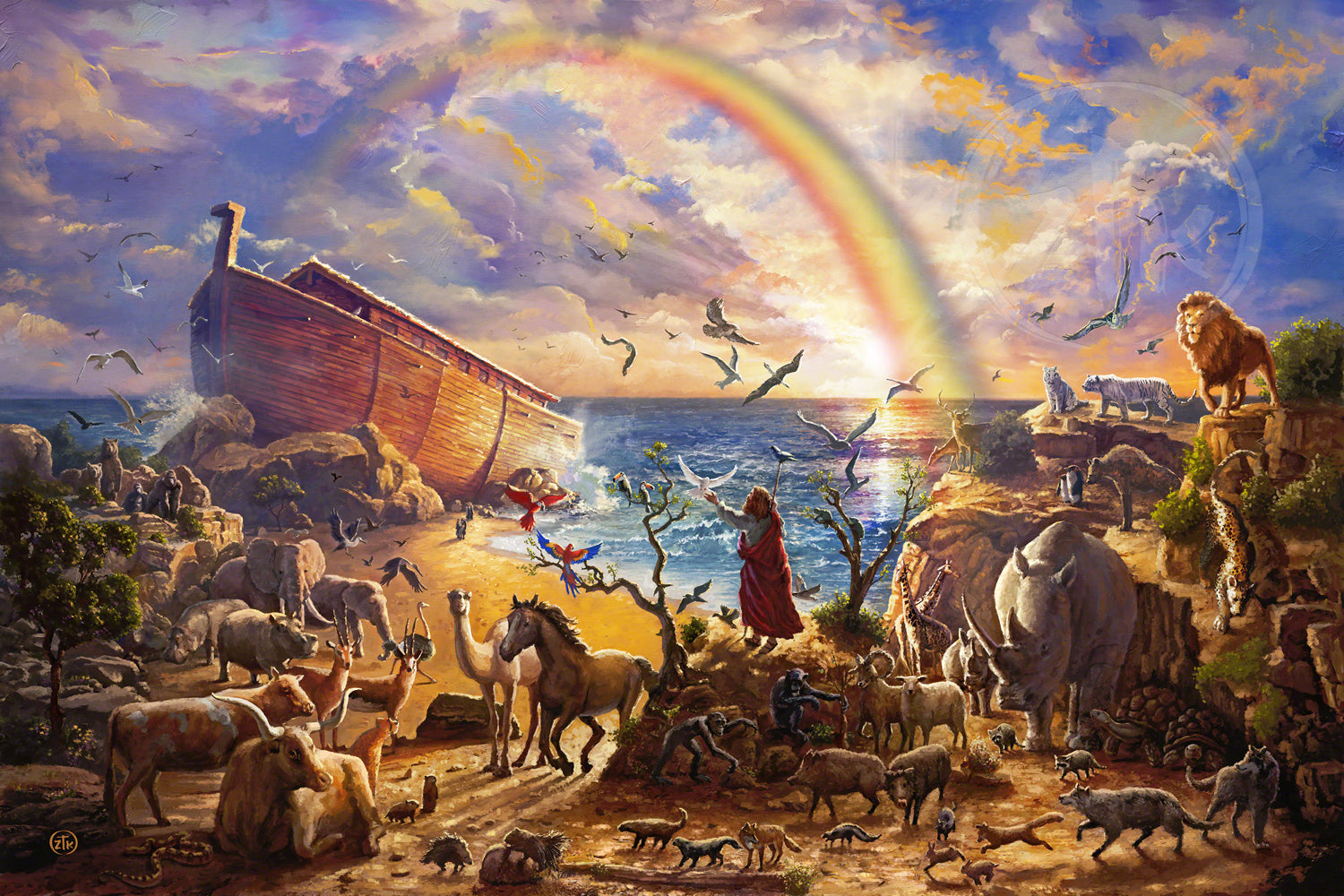Design and technology |
|
At Saint Anne's Catholic Primary School, It is our intent that children will be able to research and design innovatively, creating their own criteria for success in order to solve real life, relevant problems. They will apply subject specific knowledge and make links to other curriculum areas wherever possible in order to become designers and makers, working safely and ethically with a range of tools and materials. We encourage children to use their creativity and imagination, to design and make purposeful products that solve real and relevant problems within a variety of contexts, considering their own and others’ needs, wants and values. Children will be able to critically evaluate their product against their original design criteria and refine their work accordingly. Concentrating on local and global themes from EYFS to Year 6, we aim to provide children with an exciting, relevant and challenging curriculum with a variety of enrichment opportunities. The knowledge and skills based curriculum offered encourages them to become innovators and risk-takers. It is our intent that children leave St Anne’s with
Rationale for Curriculum Design at Saint Anne’s We teach DT as part of a topic. This is in recognition, of the interconnectedness of our world and school community highlighting, recognising and valuing the diversity of the school community and creativity that all children have. We understand the value of DT in helping pupils to understand and interpret their world, their role in it and the responsibilities that come with it.
|
Let us build for ourselves a city,
and a tower whose top
will reach into heaven.
Genesis 11:4
|
Equality of Provision and Inclusion At Saint Anne’s, we aim to create an inclusive environment where every child feels safe, equal and welcome. As a school, we ensure that every step is taken to ensure that all children are given the equal opportunities to achieve their full potential in high quality design and technology lessons regardless their background, culture, needs, ethnicity, gender, ability or any other personal characteristics. All pupils are encouraged to question, discuss and collaborate in problem solving skills when designing their purposeful products. Teachers use a wide variety of strategies to ensure that teaching meets the needs of different groups of children. Spiritual, moral, social and cultural development; Spiritual development is very important in DT as the process of creative thinking and problem solving lies at the centre of the subject. A pupil's ability to think creatively and show innovation can be inspirational to other but also increase their own self confidence and belief in their own abilities. Moral Development - Respect for the feelings of others combined with a need for constructive and honest criticism which will enhance the development of individual work is an area in which our children excel. School encourages the children to explore their own feelings in DT and to reach a deeper understanding of the benefits of peer evaluation in a positive and safe environment. This in turn prepares them for the wider world in which they will find themselves as they progress through life and encourages a respect for the opinions of others. Social Development - During DT there are many opportunities to promote social responsibilities. All the children have a collective responsibility to ensure they contribute to a safe working environment where the use of tools and equipment are involved. There is the opportunity to work collaboratively with a partner or take turns in a small group which requires effective social interaction and at times compromise. There is also the opportunity for peer evaluation and to act as a critical friend to give supportive comments to improve pupils learning outcomes. Cultural Development - DT often originates from an idea or artefact and to develop a wider cultural awareness we explore our past heritage as well as investigate and use as our stimulus foods, textiles and sculptures from different cultures and periods of time. For example, Viking shields, Greek pottery, divas, food from different countries and cultures.
Rights Respecting in DT Article 31- Every child has the right to relax, play and take part in a wide range of cultural and artistic activities. Article 29 - Education must develop every child’s personality, talents and abilities to the full. It must encourage the child’s respect for human rights, as well as respect for their parents, their own and other cultures, and the environment.
Reading in DT Design and Technology offers a number of valuable opportunities for our children to practice reading skills that they have been developing in their English lessons. These include:
|
Manufacturing is more than just putting parts together.
It's coming up with ideas, testing principles and
perfecting the engineering, as well as final assembly.
(Sir James Dyson)
Encourage your inquisitive mind, let's get excited about engineering!
Learn through exploration - would you like the challenge of turning those materials you would normally send out in your recycling, into something that you can design, build and test? If the answer is yes then click on the link below.
Small Piece Trust - Engineering at Home
Click on the link below to find challenges designed specifically for children by Dyson engineers.
The James Dyson Foundation Challenge Cards
Get the kids into the kitchen and turn them into little chefs with these easy and fun cooking projects.
|
Build yourself a ship from teakwood. Make rooms in it. Coat it with pitch inside and out. Make it 450 feet long, seventy-five feet wide, and forty-five feet high. Build a roof for it and put in a window eighteen inches from the top; put in a door on the side of the ship; and make three decks, lower, middle, and upper. Genesis 6:14-6:16 |

















